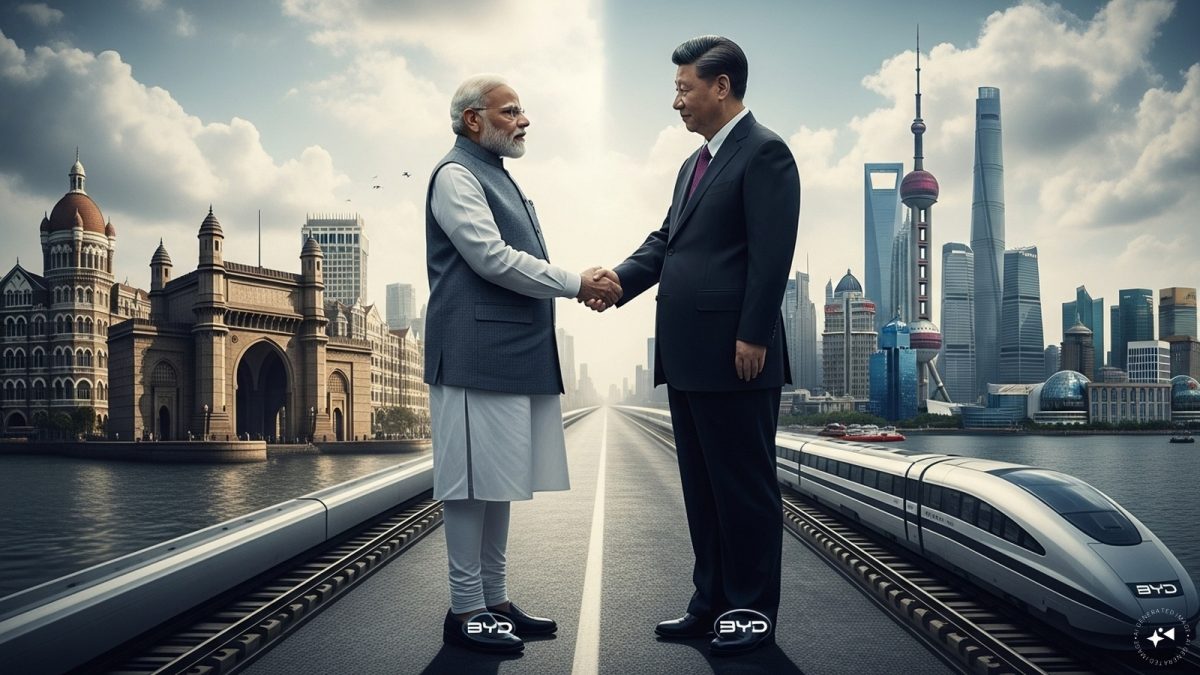China’s BYD renews its India push with plans to launch the Atto 2 SUV, expand EV sales and explore battery partnerships as PM Modi and Xi reset ties.
Chinese electric vehicle major BYD Co. is preparing a renewed drive into India as signs of a thaw in Sino-Indian relations open fresh opportunities in the world’s fastest-growing auto market.
The easing of travel restrictions will allow BYD’s India Managing Director Ketsu Zhang to visit the country in the coming months for the first time in five years, people familiar with the matter told Bloomberg.
Senior managers and engineers are also beginning to secure visas, enabling the company to restart training programmes, service equipment and assess the status of its factory in southern India.
The push follows a broader diplomatic reset after Prime Minister Narendra Modi and Chinese President Xi Jinping met in August for their first talks since 2020. The leaders agreed not to let border tensions define bilateral ties, with Xi calling friendship the “right choice”. That dialogue, coupled with India’s need for rare earths and technology as well as shared concerns over US tariffs, has created scope for greater cooperation.
For BYD, the opening comes at a crucial juncture. The Shenzhen-based company, the world’s top EV seller, is considering launching its Atto 2 compact SUV in India early next year. Priced under ₹2 million ($22,690) even with steep import levies, the model would compete directly with mass-market players such as Tata Motors and Mahindra & Mahindra.
Rival Vietnamese automaker Vinfast has also entered the same segment with its VF6 compact SUV at a starting price of ₹1.6 million.
BYD, currently the fourth-largest EV brand in India with four models including the Atto 3, plans to seek regulatory approvals to import more cars beyond the present quota of 2,500 units annually. Executives are also expected to explore potential battery assembly projects, with discussions reportedly underway with the Adani Group.
The renewed push highlights how improved political engagement is giving Chinese companies a clearer runway in India’s competitive EV market, even after New Delhi rejected BYD’s proposal for a local manufacturing base last year.
End of Article

)

